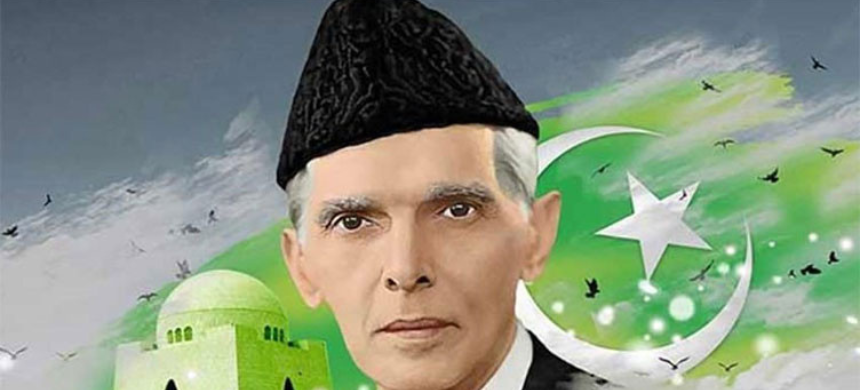Pakistan celebrated the 148th birth anniversary of Quaid-e-Azam Muhammad Ali Jinnah with great enthusiasm, honoring the leader who was instrumental in the creation of the nation.
The nation united to celebrate the founder’s remarkable achievements, highlighting his leadership and vision that led to the establishment of a separate homeland for Muslims in the subcontinent.
In Karachi, the Quaid-e-Azam Mausoleum stood as a symbol of his enduring legacy, serving as the final resting place of the founder. The mausoleum also houses the Quaid-e-Azam Memorial Museum, which displays personal items once used by Jinnah, offering insight into his life.
The museum features a collection of his clothing and personal belongings, including both Pakistani and European attire, as well as items from his study and relaxation rooms. The preserved furniture from his private spaces reflects his simplicity and determination.
Alam Sheikh, the resident engineer of the mausoleum, highlighted some of the most significant artifacts in the museum, including the cars used by Quaid-e-Azam during his leadership.
As the nation came together to remember their founding father, celebrations were not limited to Karachi. Across Pakistan, political and civic leaders acknowledged Jinnah’s role in securing an independent state for Muslims.
Read more: IMF Reports Pakistan Facing Challenging Fiscal Situation
In Multan, a large cake weighing 217 pounds was made to mark the occasion. Professor Naeem Khalid, an education expert, praised Jinnah’s political foresight and leadership, stressing how his tireless efforts led to the creation of Pakistan. “On August 14, 1947, the dream became a reality,” he said, adding that Jinnah’s health was severely affected by his struggle for Muslim rights, and he passed away just a year later on September 11, 1948.
In Islamabad, the Golra Railway Station joined the celebrations, housing a significant relic – the historic railway saloon once used by Quaid-e-Azam during his travels. The saloon, which was in use in 1945, has been preserved, offering visitors a glimpse into the past and the long journeys of the father of the nation.
Waheed Mehmood, a gallery assistant, explained that the saloon was carefully preserved, showcasing Jinnah’s taste and attention to detail. It contains rooms for meetings, a kitchen, and even quarters for servants.
The saloon remains an important artifact for those interested in Jinnah’s personal life and his dedication to Pakistan’s cause. Families visiting the saloon expressed admiration for Jinnah’s contributions, with many young visitors emphasizing the importance of educating future generations about Pakistan’s history and the core values of unity, faith, and discipline.
These principles continue to inspire the nation as it strives for a prosperous and peaceful future.
In a tribute, Balochistan Chief Minister Sarfaraz Bugti emphasized the relevance of Jinnah’s principles in addressing the nation’s current challenges. He called for unity and adherence to Jinnah’s vision to strengthen the country against both internal and external threats.
The Armed Forces also paid homage to Jinnah, reaffirming their commitment to the ideals of unity, faith, and discipline. Additionally, Pakistan celebrated Christmas, with President Asif Ali Zardari extending greetings to the Christian community, highlighting the shared values of peace and compassion reflected in both Christmas and Jinnah’s leadership.
President Zardari urged the nation to continue working towards a democratic, inclusive, and prosperous Pakistan, in line with the vision set by its founding father.











